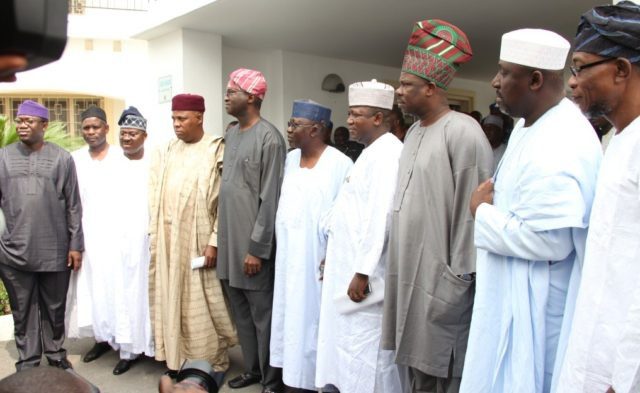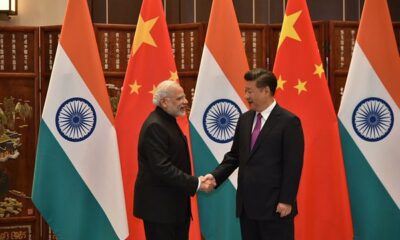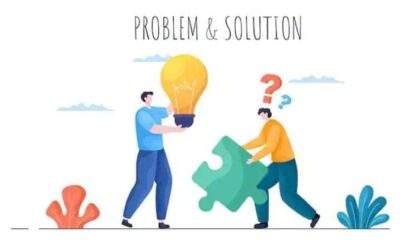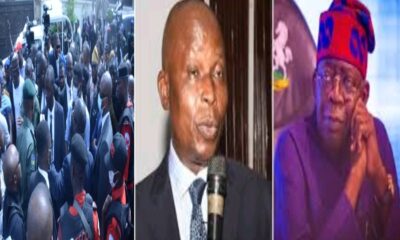Letters
APC: ‘All Progressive Congress’, or ‘Another Problem Coming’ -by Tahir Sherriff
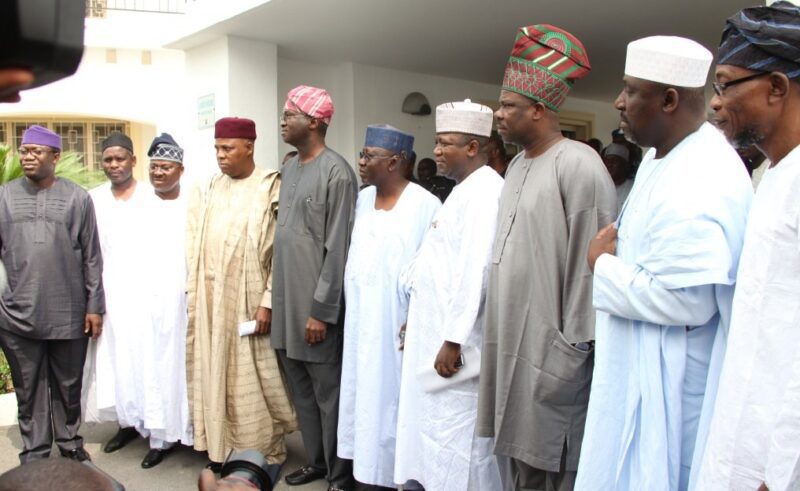
No one will argue against the need for a competitive and vibrant political atmosphere. Very few too will agree the present political set-up is in the best interest of the majority of Nigerians. But with regards to the creation of a political party by coalition poised to undo the status quo, the question remains whether All Progress Congress(APC) will come as a solution or produce a new set of problems.
A nation without multiple strong, competitive political parties will inevitably be a nation in which power will rest at the hands of a few. Yet political parties like all other things old or new are accompanied by problems. The problems as they arise, and the approach to solving these problems will determine to a large extent how well the new party is to fare.
Since independence, political parties have been variously banned and allowed, according to the whim of the leaders in power. After the death of General Sani Abacha, the last military ruler, several new political parties emerged. The largest party in the legislature was the People’s Democratic Party, with its strongest contenders being the All Nigeria People’s Party and the Alliance for Democracy.
For several personal or non-personal interests the birth of All Progressive Party (APC) was a welcome development. Some Nigerians were quick to identify with the new party, some saw the advantage of a large and competitive alliance, while others still are simply waiting to see a political structure that will adequately represent their best interests of providing their requirements as citizens.
The Nigerian media has also successfully contributed by shifting emphasis to candidates as individuals rather than as agents of parties and party platforms. The presence of individuals like General Muhammadu Buhari, Ahmed Bola Tinubu, Nasir El-rufai, Babatunde Fashola of Lagos state and Rochas Okorocha provided strong indications that public attention now focuses on the personalities and ideas of candidates, rather than the benefits that the party as an organization can offer party loyalists. To that extent, little incentive exists for voters to support the choice of the party establishment or for candidates to adhere to a “party line.”
It is essential however to note that forming a large political party via a coalition of individuals or other political parties in itself may not completely present solutions to the economic, social or political conditions that led to their need int the first place. The aims to which such a party is formed remains key in determining how such party is to be managed, as well as its acceptance, subsequent recognition and victory or failure.
We live in one of Africa’s most diverse country, statistically the most populated and as argued by some, a contender among the wealthiest. But Nigerians, particularly young Nigerians are growing cynical and weary about the roles of those they elect into the government, and their roles as citizens. This cynicism is not limited to existing political institutions, but also new ones and the APC will not be exempted.
Why is this happening? Perhaps it is because Nigerians now believe their views are being ignored by people in power? More Nigerians continue have begun to share the opinion that elected representatives listen and respond to special interests as against average voters who they ideally represent.
The journey being undertaken by Nigerians who join the new party band-wagon is not going to be entirely hitch free. Not only from the actions of new parties biggest opposition intent on maintaining the status quo, but also from within the party’s internal structure, and the Nigerian political atmosphere. The party will face the problem of not only selecting its candidates for subsequent elections, among a long list of favorites, but also tackle problems of party finance, party loyalties, and all related complications that will enable them formulate political and policy agendas, select candidates, conduct election campaigns, and monitor the work of their elected representatives.
Most of all to consider is how the new party aims to reduce the undue influence of powerful special interests—the wealthy individuals, unions, and corporations that use political contributions to advance their own legislative agendas.
The political terrain in Nigeria may not also be free from the complexities such coalition may bring forth. It is possible for one party to control the legislature and the other to control the executive branch, creating a political gridlock. A case being the United States government which separates the powers and functions of government between executive, legislative, and judicial branches.
In all, competition precedes change, at every level. Political parties are traditionally organizations that mobilize voters on behalf of a common set of interests, concerns and goals, so competing political parties indicate growing political activity and this must be welcomed. However the problems of the nation remain diverse and a new political party may not necessarily be the solution to problems of religious bigotry, ethnic rivalry, unemployment or terrorism. Especially when a majority of those in the new party APC have been members of the parties they now stand against.
With un-tested loyalties, oppositions from several parties, and neutral or opposing political king-pins such as former Nigerian president Olusegun Obasanjo, General Ibrahim Badamosi Babangida, and Senate President David Mark, the formation of the All Progressive Party(APC) may bring with it, to the Nigerian public, new solutions, or entirely brand new problems.

